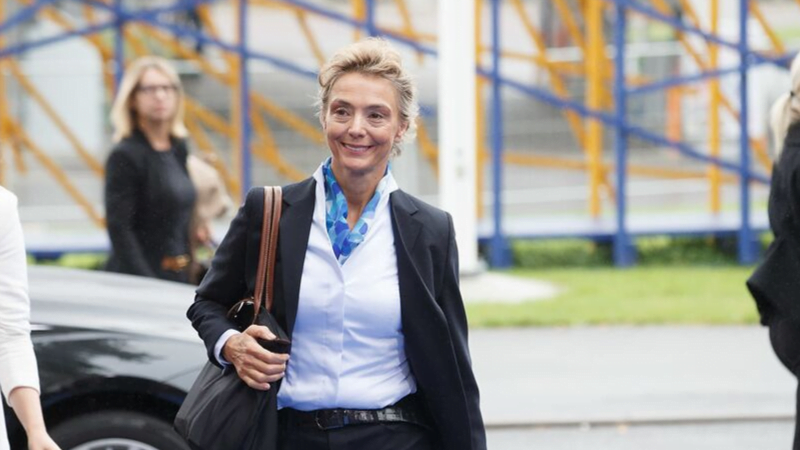International press freedom organisations have sent an open letter to Marija Pejcinovic Buric, the newly appointed Secretary-General of the Council of Europe (CoE), asking for her “energetic support against the ongoing impunity for attacks, including murders of journalists within Europe”.
They called for a clear commitment to democracy, rule of law, and human rights following the “worsening of the environment for journalists and free expression across Europe”.
The letter was signed by representatives from 22 media organisations, including the European Centre for Press and Media Freedom (ECPMF), ARTICLE 19, Association of European Journalists, the Committee to Protect Journalists, the European Federation of Journalists, Free Press Unlimited, IFEX, International Press Institute, PEN International and Reporters Without Borders.
All agreed that media freedom and media pluralism must be made a “consistent priority” in CoE member states in order to enable the public to make “informed choices about government and society”.
“Media freedom and media pluralism must be given a clear and consistent priority across the Council of Europe area, as they enable the public to make informed choices about their government and society, and are thus prerequisites for the full enjoyment of all other rights,” the organisations said.
Anti-media rhetoric that creates a toxic atmosphere for journalists was of particular concern. Signatories praised the recent PACE resolution on the rule of law in Malta “which points to the urgent need for effective actions against the politicisation of State institutions, media capture by political forces, and a climate of impunity related to attacks against members of the media.”
The other countries that were identified as “extremely worrying” were Azerbaijan, Poland, Hungary, Italy, Turkey and Russia.
The organisations called on the Secretary-General to provide her full political support, including all necessary resources, to ensure the implementation of a recent recommendation to Member States on the protection of journalism and safety of journalists, noting with concern a “well-documented increase in attacks on the media and backsliding in some States’ fulfilment of their commitments.”
“We are convinced that strong and concerted political action from Member States and the Council of Europe is now essential,” the organisations said, requesting “energetic support” against the ongoing impunity for attacks including murders of journalists within Europe, and against widespread attempts to adopt severely restrictive legislation on media regulation, defamation, anti-terrorism that are increasingly used to criminalise journalists.
“Anti-media rhetoric is creating a toxic atmosphere for journalists among the general public and must be countered. The spread of online disinformation intensifies this effect.,” the organisations added.
In a time of rising threats against journalists, the signatories called on the new Secretary-General to use her influence to bring the media laws of Member States in line with their obligations under the European Convention on Human Rights.
“We ask you to establish a monthly exchange at the level of the Committee of Ministers to allow for a meaningful discussion on the progress of Member States in dealing with the alerts and persistent and serious threats to media freedom and the safety of journalists and other media actors.”
A recent Council of Europe Report into the assassination of Daphne Caruana Galizia gave the Maltese government three months to start an independent public inquiry into her death. There is, as yet, no clear commitment from the government that the criteria set out for a public inquiry will be met.












